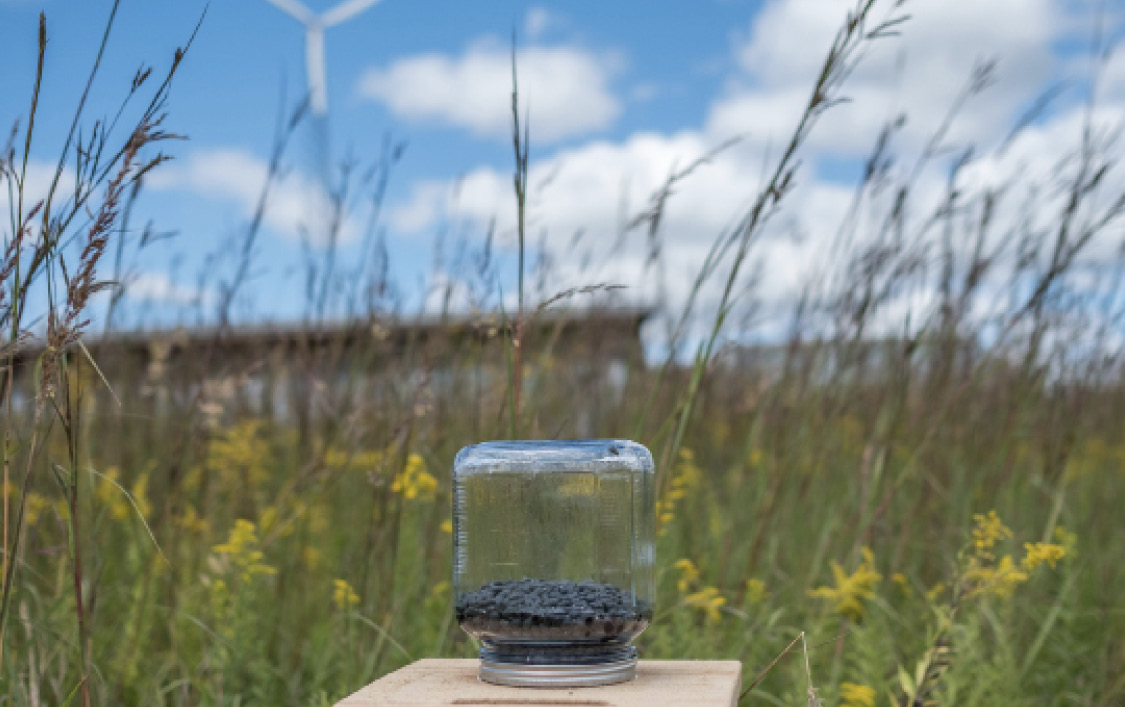1. Whereby Sarnat The Gnat Flicked His Urban Prairie Silo
I was a ruffian whose cooties lugeed and whizzed
trudging O’Keeffe Grammar’s sludge which looked just like a funky Slushy.
Mined sleetballs with gravel ripped off salt trucks
to bilk protection gelt from flitty Iowa-nice
Cornhusker booger-eaters whose crotches slipslid like on rollerskates
when ambushed and swatted in Snowmageddon death match cakewalks.
Witnessed Davey roust his evomitocious
father from local bowling alley barstools before bouncers tossed the tomcat.
Stashed contraband Marilyn calendars
Teddy presented to this rookie for manning his corner bookie newsstand
deep inside a 5 finger discount Walgreen’s bookbag.
Lugged it four flights to the fam’s cold water flat
past Mr. Hatfield’s ground floor guard station
where the landlord’s master of the manor,
king of the castle, super of fu fa tenement dead-ender domains.
Mother revered the principal/home ec substitute, Mrs. Leech,
whose sociology noodged me to be hall/eraser monitor
since her tent dress became the tenant/hoarder
under us whose touched-up skin sipped vodka/vermouth
if her foul-mouthed hubby, the janitor/woodshop teacher,
hit the grain whiskey to keep Bergen-Belsen tattoo demons at bay.
Brown paper bag clutched, flowering it up with earflaps down,
Stanley Hatfield sat on the stoop,
jiggled skeleton keys dawn to dusk,
bamboozled folks he didn’t cotton to shell out rent moolah or get the boot.
Shakedowns so’s each unit’s paid-up on the barrelhead plus a smidge extra.
Purged those whose number came up empty first of each month period.
As funny money thin ice softened ‘n liquified, dirty coppers
in Stan’s pocket’d take a taste then paper the halls with eviction notices
before sofas ‘n worse kerplunked
onto the sidewalk. Foot soldiers hoodlumed
loveable rogue scofflaws to believe we’d be put on dry ice, cemented
into Lake Michigan—which loose-bowelled bunco spiel hardened
into shticks I ear-witnessed below the shudder of elevated Illinois Central trains.
Nights I’d schlep down, con Stanley Sr.’s marbled daughter
whose vagarious weight you might guess at a country fair cattle call
to out-naked us all on the fire-escape
or loudmouth fat Stan Jr. to roll-up the steel shutters,
open the front door for my big brother
whom Miss Joy’s Mary Janes tensely resented.
Not born till post hari-kari, the bomb and the Emperor surrendered,
I remember what turned out to be ration books
buried in Pops’ condom sock drawer.
At the time my nuclear family of origin was shoehorned
in Bubbe and Zeyde’s one room apartment.
Mom and Grandma always on bad terms, rapscallion
needed to be careful. Eventually Grandpa weaseled, told Dad to leave.
But Pops had mafia contacts
who bribed the Hatfield missus some kind of yenta
to let him have our current place for two tanks of fossilized TRexs
plus a week’s food coupons plus some unspecified “other favors”
in her not-Rembrandt Netherlands—
that’s just how Chi-town was during the final stages of winning the war.
Lucky GIs back from the front were overdomesticated
by cutesies’ baser instincts to make too many babies.
Ravenous Heebs scrambled to bootstrap beyond South Shore ghettocide,
but no matter where we flocked, newly minted parochial school thugs
pummeled up in my business
unless I surrendered the cornucopia
of Medimore’s penny candy, pocket change, crumpled Monroe nudies,
a flask of rotgut swiped from Hatfield.
2. Ready To Rumble
“When I was younger I could remember anything,
whether it had happened or not.”
—Mark Twain
i.
Made my bones playing ledgeball on the block, but during college
no taxi’d drive back into the Southside snatch-‘n-grab boarded up
storefronts below Chicago’s elevated trains. Hertz’d have none of it;
Avis required signing stacks of notarized waivers. Bounding four flights,
I’m scrutinized by a scraggly old gent who cackled, Beg pardon, lookie
we got here in Spookville!—slamming the door before could catch my breath.
Back in the 50s, 71st and Jeffery seemed just booooring Jewish
(no one’d buy Christmas cards I sold door-to-door) except my riverboat
gambler Uncle Sugar whose fortunes handicapping the Daily Racing Form
turned a 3-hole Buick Special into a jalopy into a cherry Impala with rims
—you know that kind of thingamajig. But thanks to auspicious demographics,
later on playing with house money, I faked having survived the Blackstone Rangers.
ii.
Planning better lives, when they got the chance my parents moved
our quartet through prairie dog towns west to another walk-up
in paradise so Sis and I’d do well at the best available LA public schools.
As it happened, right up the alley of my lifelong partner whom I’d eventually
meet during high school, she spent indifferent time playing in the same alley
—though we didn’t figure it out until four decades had passed.
When Dad’s finances afford it, he relocated us to a ramshackle fixer-upper
a few miles north in the part of town the world thinks of as Beverly Hills;
the miniscule antique swimming pool’s hand-painted tiles were a drainless cesspit.
There no one played on the block or in the alley where only maids went.
Took months to get invited into mansions with triple-stemmed cherries, big rock
candy soda fountains, tennis courts—if you can believe it, even Otis elevators.
iii.
Harvard pre-med home the summer of South Central’s riots of 1965, I’d volunteered
to administer vaccines at the Watts Health Center. Maneuvering to avoid pepper spray/
duck snipers in here while outside, establishments burned and Crips pulsated blood,
jostled below window level by ex-gangbanger Community Organizer Julio Bates
(nicknamed Master), my high-tops bid to establish bogus street cred
based on résumé more than cajones: “No problemo. I was raised in Chiraq.”

Photograph by Jun Taek Lee


